
Switzerland welcomes Gaza pull-out

As Israeli settlers leave the Gaza Strip, the Swiss coordinator for the Middle East peace process tells swissinfo the disengagement is a positive step.
One part of Switzerland’s involvement in the process lately has been to draw up a plan to ensure the access of people, goods and services to Gaza in times of emergency.
Ambassador Nicolas Lang, who is based in Bern, talks about that proposal and offers his views on what could happen next in the region.
swissinfo: How significant is the Gaza disengagement in the peace process?
Nicolas Lang: One should clearly state that the withdrawal of Israeli settlers and the dismantling of the settlements in the Gaza Strip is a truly historic step.
From a purely symbolic perspective, the evacuation of the four settlements in the northern West Bank might even be more important as it marks a historic precedent and a first change of the settlement paradigm in effect since the beginning of the occupation.
However, one should be cautious as to the impact of this disengagement on the whole peace process. Contradicting views have been expressed about whether the disengagement from the Gaza Strip and the northern West Bank will be the end of the process or just a first step.
At the same time, there is also increasing talk about the risks of a “third intifada”. A new upsurge of violence would most likely freeze, or in any case seriously hamper, the resumption of any meaningful process for a political and negotiated settlement of the conflict.
More importantly, the disengagement from the Gaza Strip cannot be analysed in a vacuum, and developments in the West Bank, including East Jerusalem, must be taken into account. Developments there, in particular in relation to settlement activity and the construction of the barrier, raise concerns.
Switzerland welcomes the prospect of a complete Israeli withdrawal from the Gaza Strip and from four settlements in the northern West Bank.
swissinfo: Is Switzerland involved in the Gaza disengagement process?
N.L.: Switzerland is not per se involved in the Gaza disengagement process. On the conceptual and operational level, this is mainly the task of the parties concerned (Israel, the Palestinian Authority and Egypt).
Part of Switzerland’s activities over the past months has focused on the disengagement plan, in particular from the Gaza Strip, through various policy work and consultations.
This includes the international humanitarian law implications of the disengagement plan, human security challenges facing the Gaza Strip today and for the years to come and the need to ensure access to and from the Gaza Strip for humanitarian goods, services and personnel.
swissinfo: What progress has been made with the Swiss-sponsored plan to ensure access of people, goods and services to Gaza after the withdrawal?
N.L.: The operational template for a regime of emergency humanitarian access to the Gaza Strip has now been completed.
Further contacts will be made with the parties and international agencies to see how such a regime could facilitate day-to-day access to the Gaza Strip in times of emergency.
The model regime was conceived to apply in situations in which security considerations may lead to complete or near-complete closure of access points to the Gaza Strip. Such a scenario has so far not materialised.
swissinfo: What will happen next in both Gaza and the wider peace process?
N.L.: That is difficult to predict. Pertaining to Gaza, many issues will need to be resolved such as the Philadelphi route [strip of land controlled by Israel], the seaport, the airport, the customs regime and, more importantly, the connection between the West Bank and the Gaza Strip.
Access, therefore, is likely to remain a key issue. A lot will depend on how the disengagement proceeds and the impact it will have on public opinion on both sides. Plus, elections will take place both on the Palestinian and on the Israeli side.
We strongly believe in the overall benefits of a general peace agreement and will continue to support this view after the disengagement.
swissinfo-interview: Matthew Allen
8,500 Israeli settlers in the Gaza Strip were given 48 hours to leave the territory occupied since 1967. On Wednesday Israeli police and soldiers began the forcible removal of Jewish settlers.
Twenty-one settlements are being evacuated in Gaza and four in the West Bank.
Settlers who must be forced out could lose a third of their compensation, ranging from $150,000-400,000 (SFr188,000-500,000) per family.
7,500 Palestinian security men in Gaza have moved into position on the outskirts of the fortified settlements to ward off possible militant attacks.
The Palestinian militant organisation, Hamas, has vowed to continue its armed struggle against Israel after the Gaza withdrawal.

In compliance with the JTI standards
More: SWI swissinfo.ch certified by the Journalism Trust Initiative


















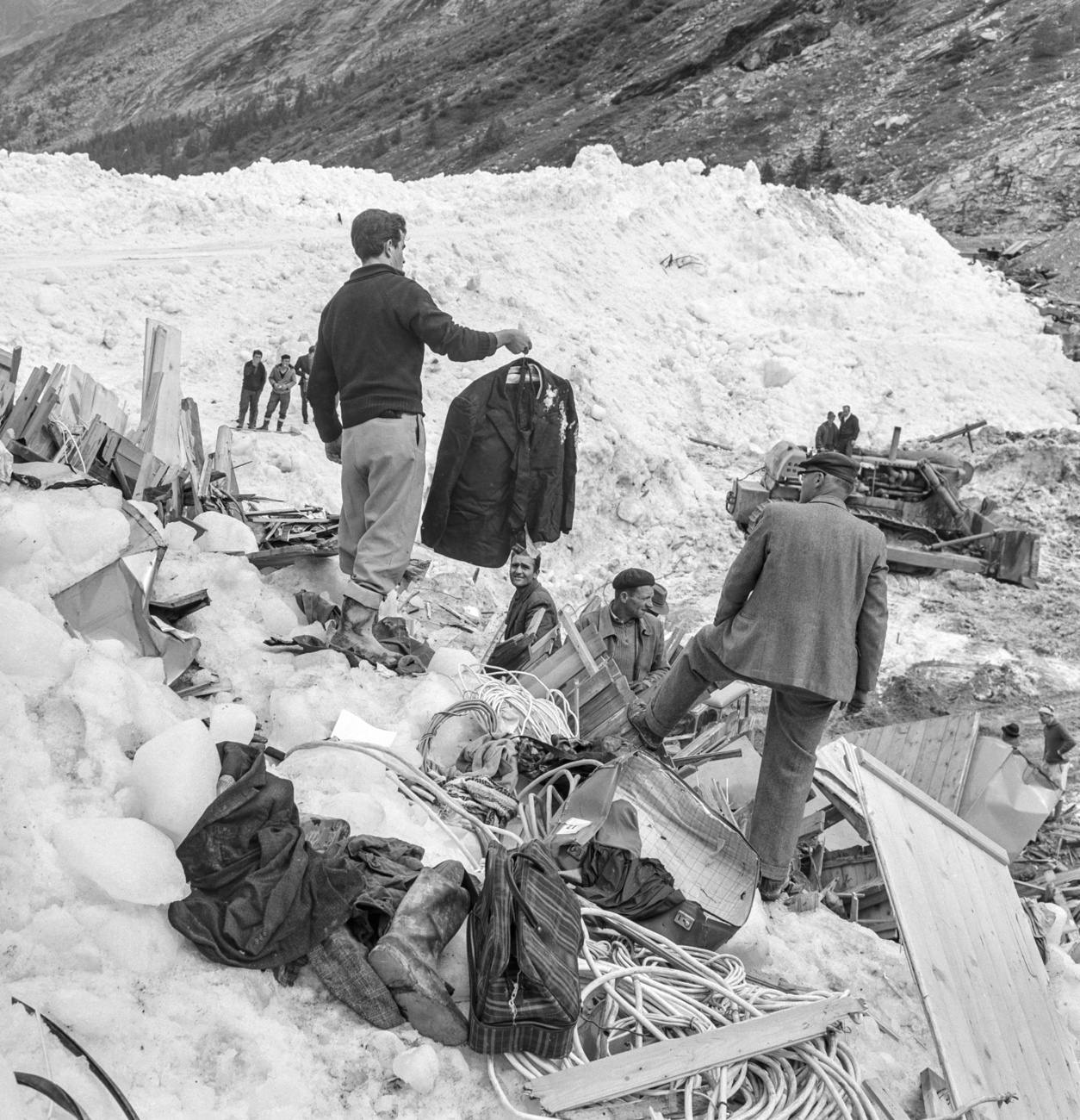



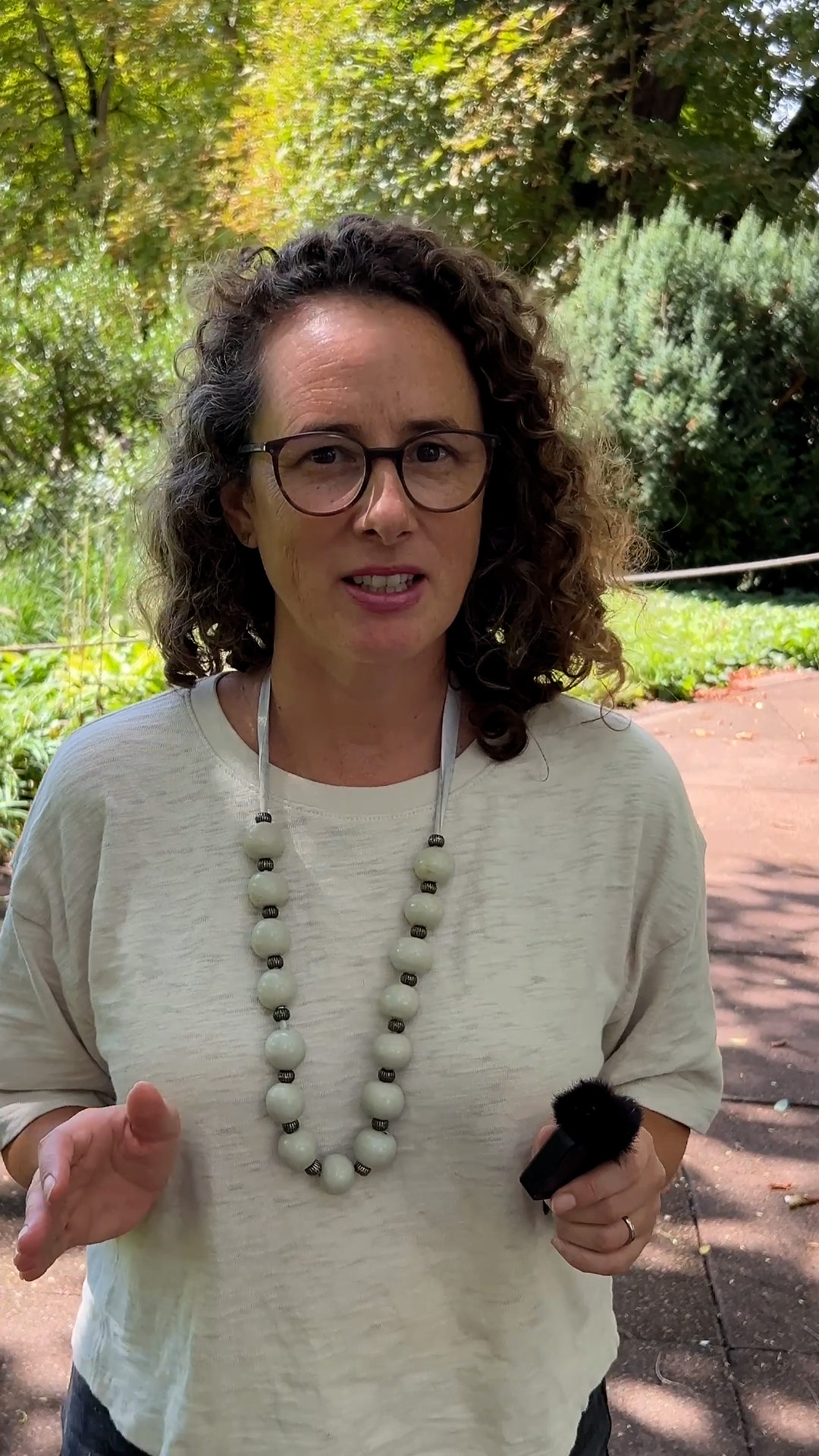




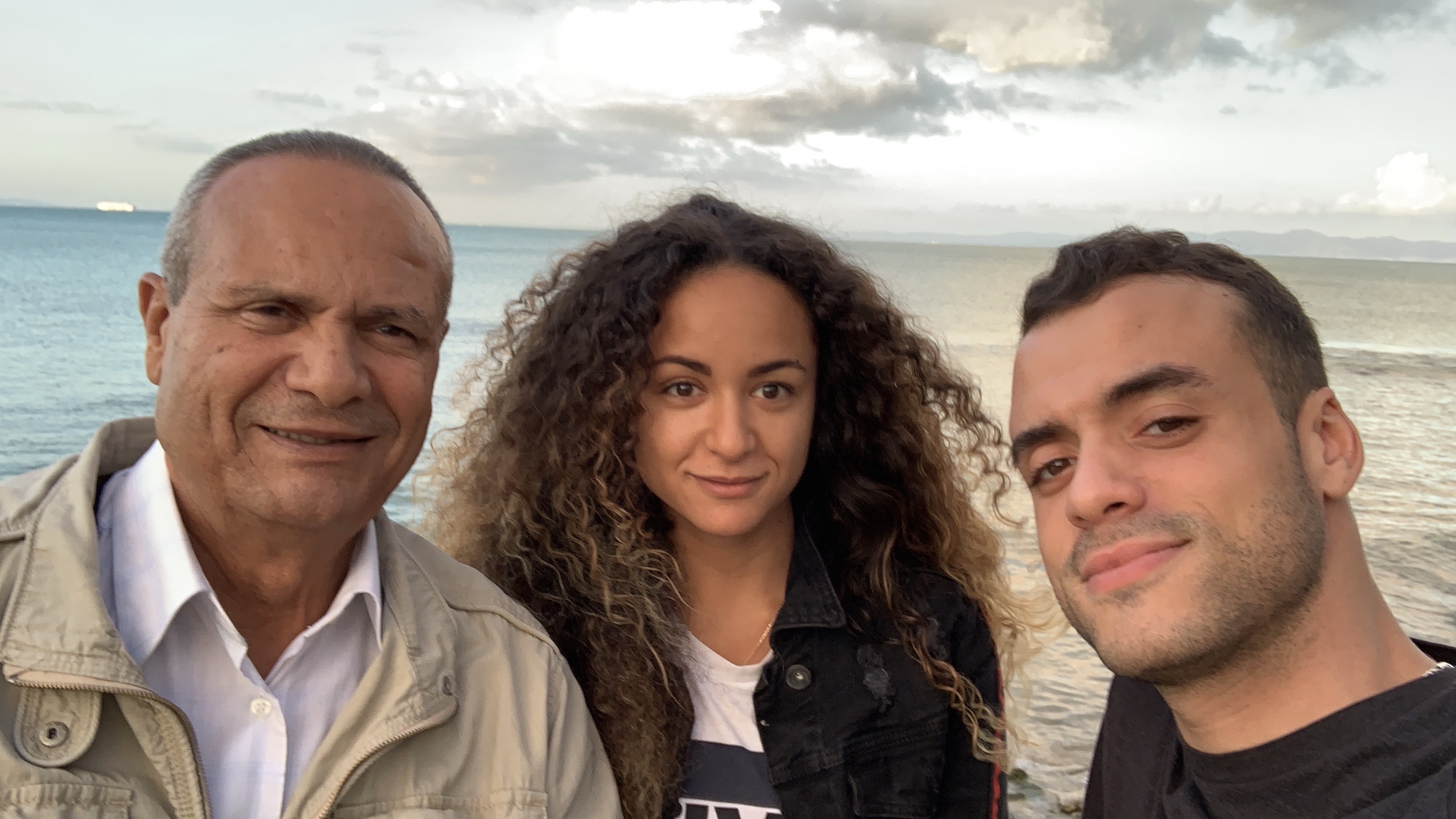
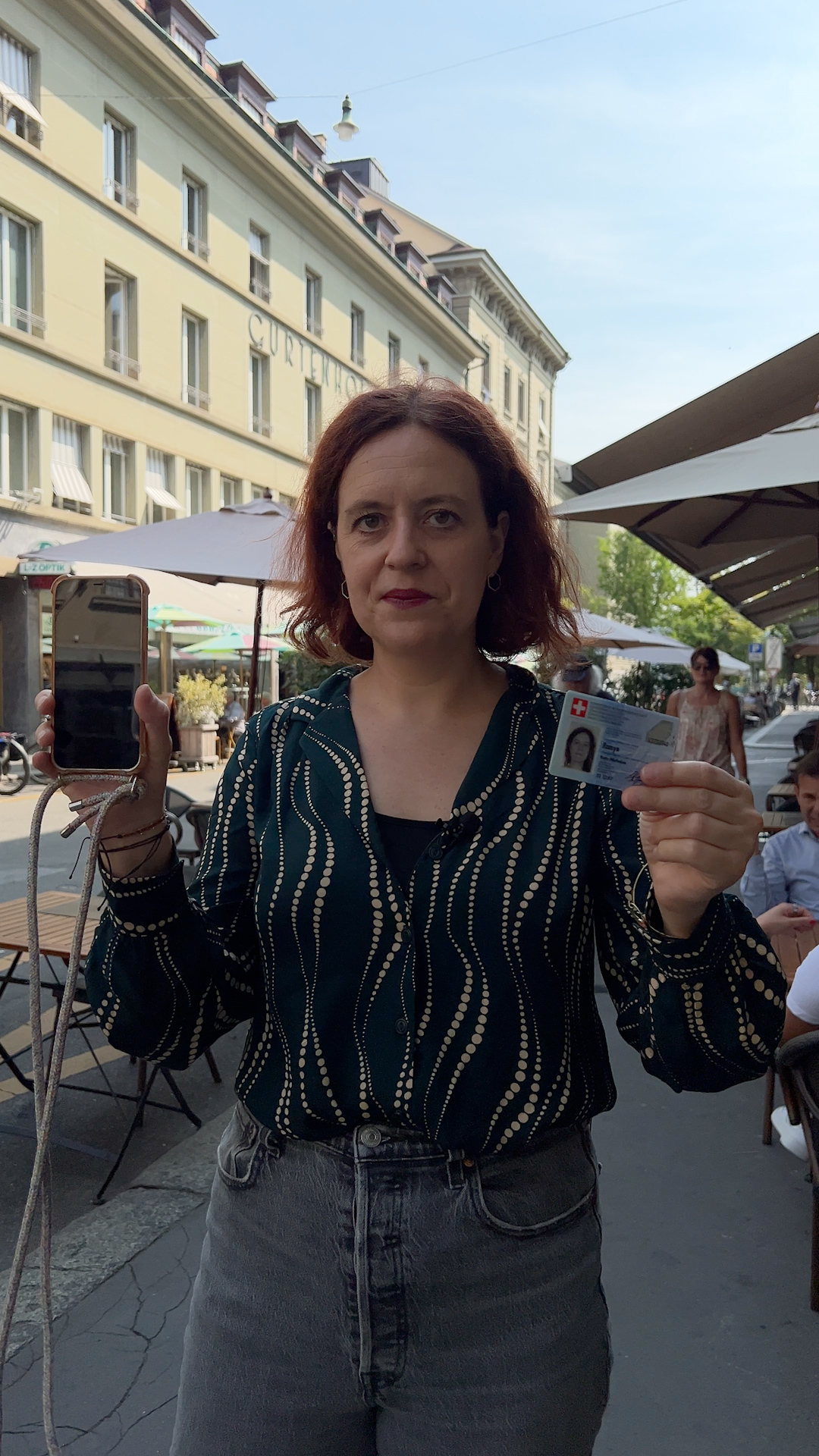
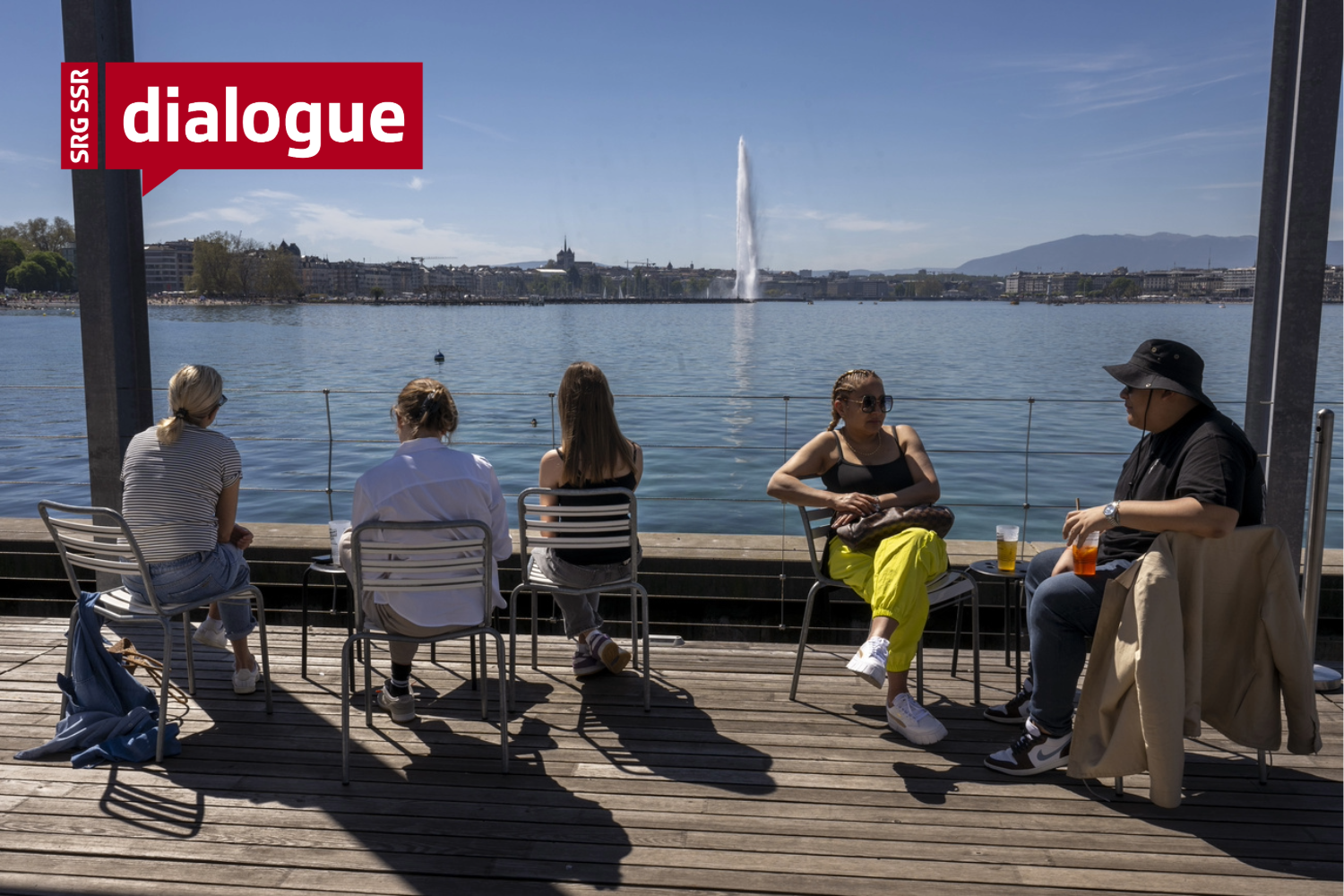











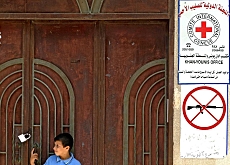

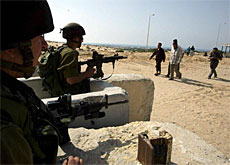

You can find an overview of ongoing debates with our journalists here . Please join us!
If you want to start a conversation about a topic raised in this article or want to report factual errors, email us at english@swissinfo.ch.